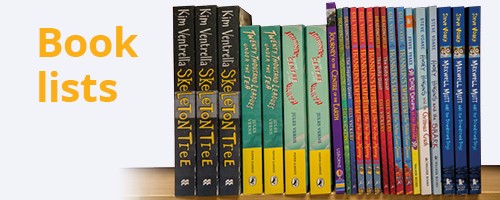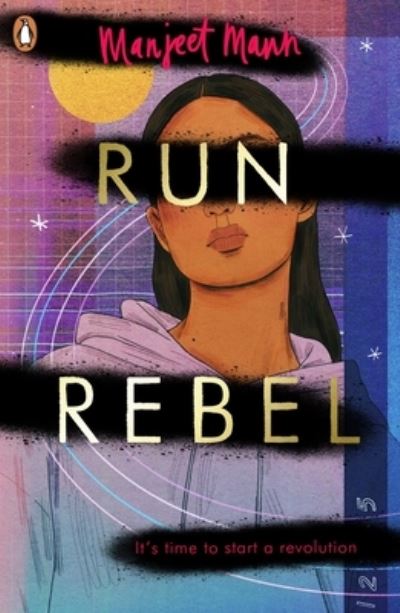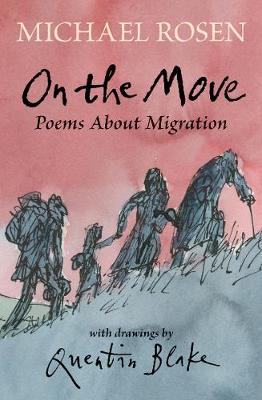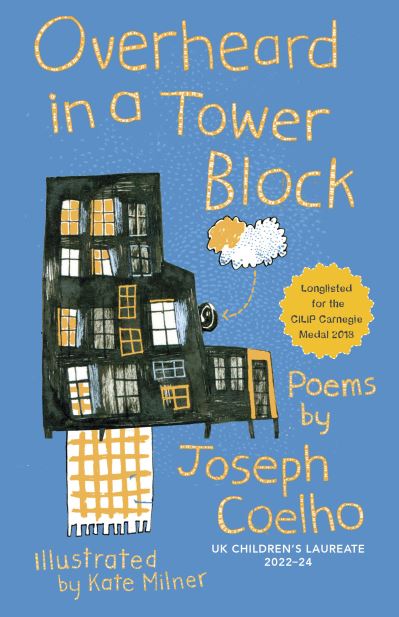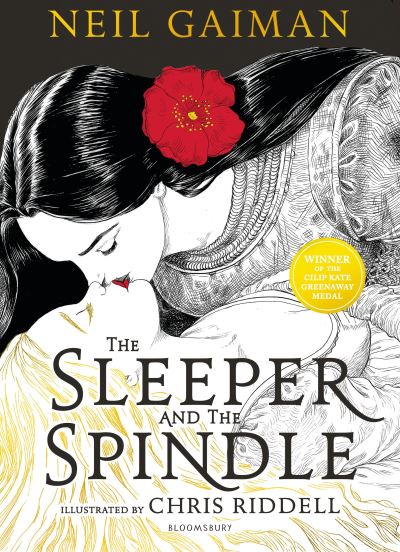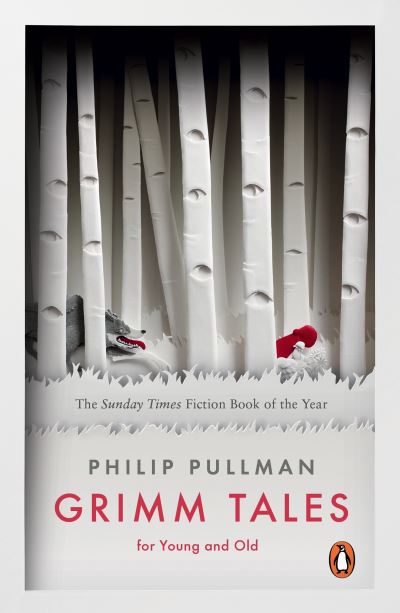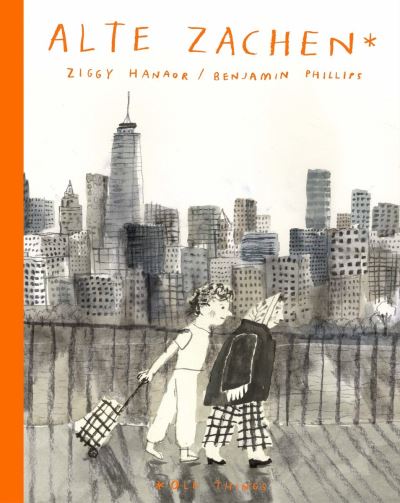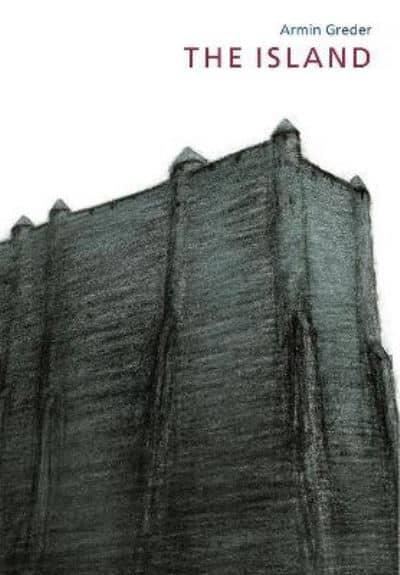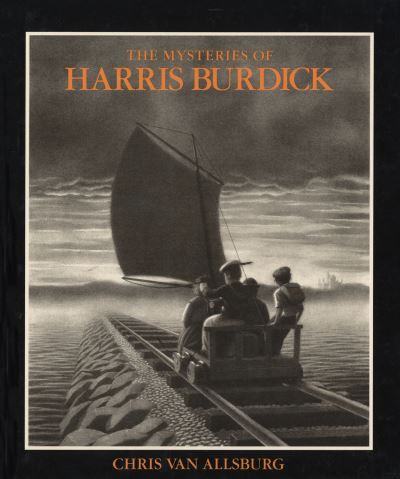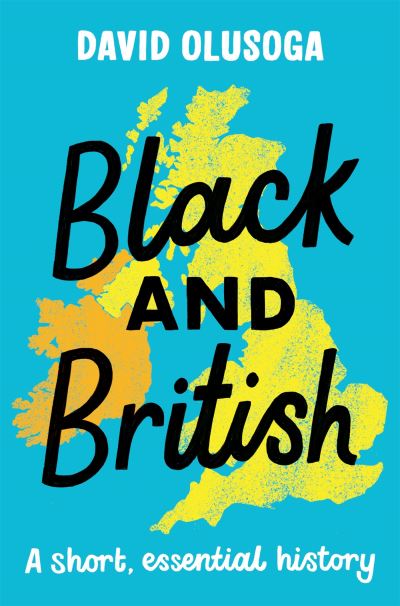Tutor Time Reading SpineFor many secondary schools seeking to establish a Reading For Pleasure culture, Tutor Time Reading Spines are already being successfully used to promote a love of reading amongst students. However you chose to embed Tutor Time reading, we hope you will find something of interest on our suggested lists below – whether you're looking for ways to get to know your tutor group, or you'd like to broaden your students' literary horizons. Whether you are an experienced English lead, or an alternative subject specialist broaching Tutor Time reading for the first time, we can help. If you're looking for something different, get in touch and we will create a bespoke list to meet your school's vision. |
|
 |
For help, advice and telephone ordering call our team on 0121 666 6646
Are you sure you wish to delete this basket?()
This action cannot be undone.
Sorry, something went wrong
Please report the problem here.
Verse novels
See all
Browse all
This format is a real growth area in publishing, and is also starting to pick up some of the notable literary prizes. These titles are fast paced and often cover complex issues, reflecting the lives many students now face. They include great starting points for discussion, are accessible for all abilities, and are easy to relate to. Having at least one of these titles on your Tutor Time list is a must!
Poetry
See all
Browse all
Poetry is great for encouraging reluctant readers, and for offering an alternative approach: you could encourage performances of poems, or even challenge students to learn a poem by heart and discuss the workings of the brain or memory as a precursor to exam revision. There is a poem out there for every situation, and sharing a specially selected poem can help to demonstrate empathy and build vital bonds between yourself and your students.
Short stories and collections
See all
Browse all
Short stories are great for modelling a non-traditional approach to reluctant readers. Encouraging your students to further dip into titles they are curious about can help them build the confidence to contribute, without the fear of having to complete a whole text. Short stories are valuable too for more able pupils who are interested in writing themselves, as the format really demonstrates the need for each word to earn its place. There is something to appeal to all students here!
 |
How you can use Tutor Time Reading Spines
|
Illustrated texts to spark discussion
See all
Browse all
Sometimes it is worth reminding older readers of the value of books with images and illustrations. Often able to convey just as powerful a message with far fewer, if any, words, these texts can be a way to provoke thoughtful conversation with your tutor group in very little time. It might provide an image or theme for them to reflect on individually over the course of their day, or it could be that you ask students to respond in their own way to the image in a subsequent session. This can be an ideal way of demonstrating to pupils that there is more than one way to express yourself and for your voice to be heard.
Fiction
See all
Browse all
A great opportunity to broaden your students’ exposure to fiction beyond their English texts. Try something a little different – either in theme, structure or characterisation, and remind your tutor group that reading for pleasure is about much more than analysing a set text.
Non-Fiction
See all
Browse all
Non-fiction can often appeal to students who find English lessons less engaging, as texts can connect them to the real world outside the classroom and encourage them to share their values, aspirations and plans for the future in a supportive environment. Non-fiction is ideal also for modelling tolerance and discussion of different value systems and goals that students may encounter.




